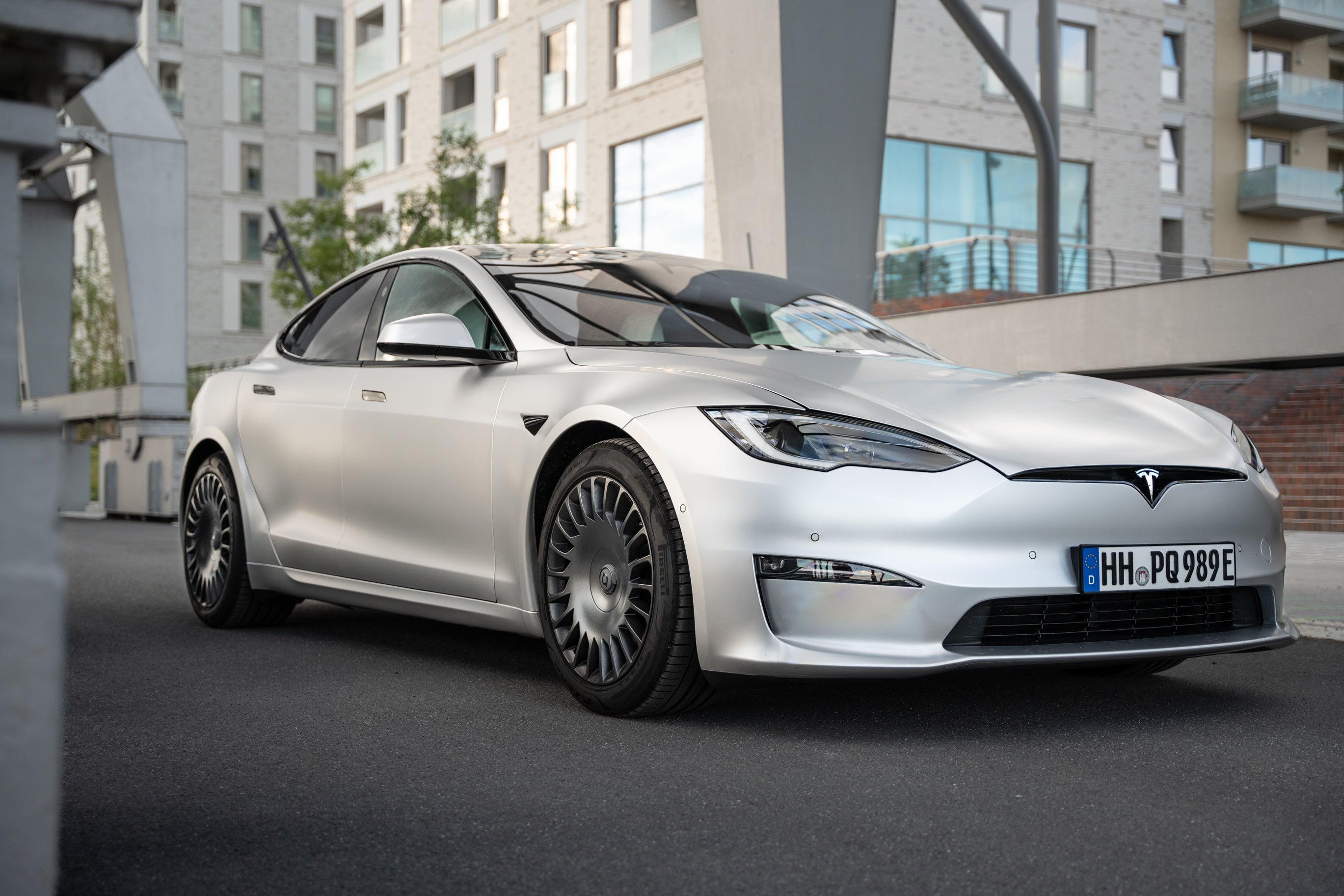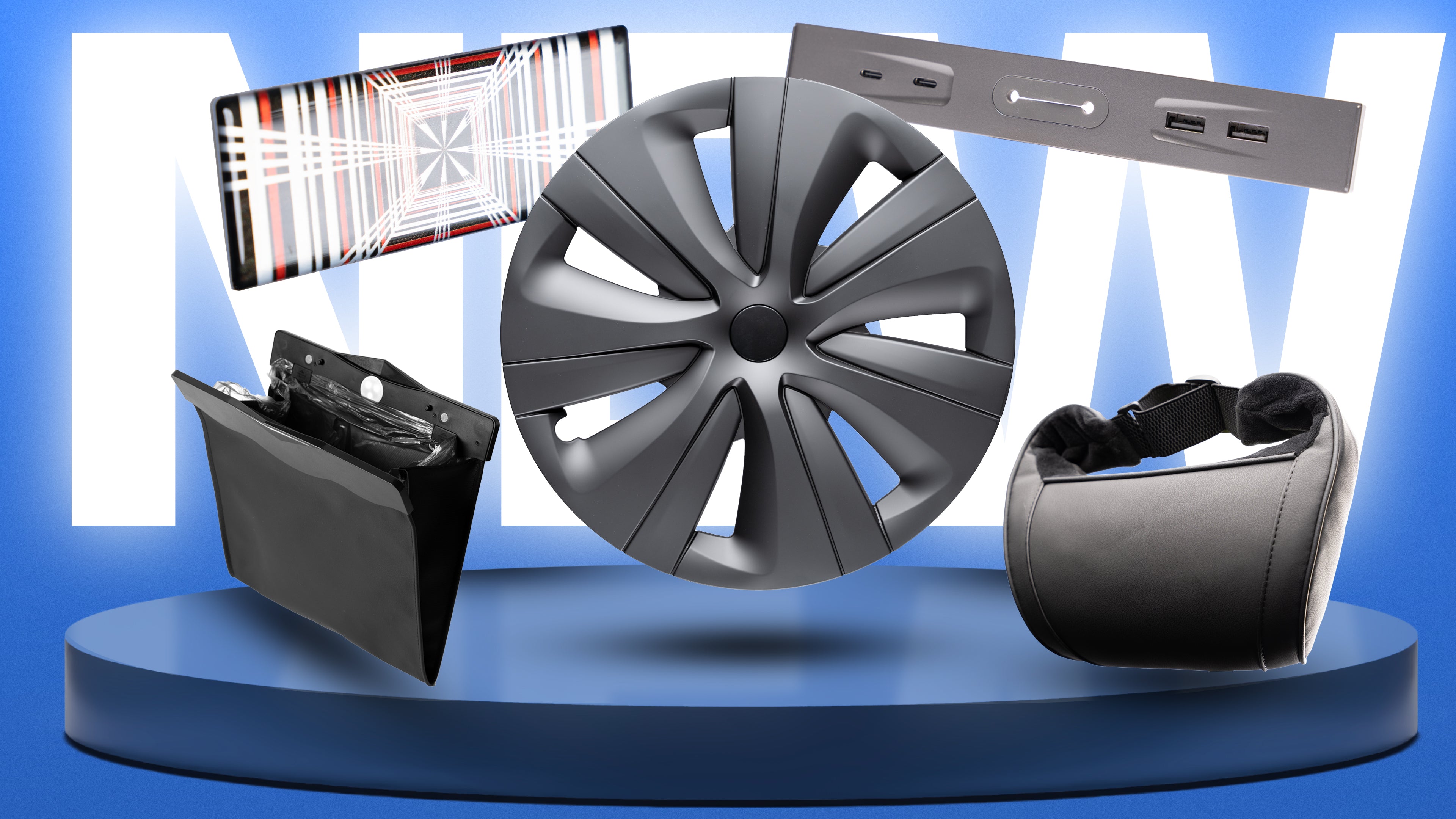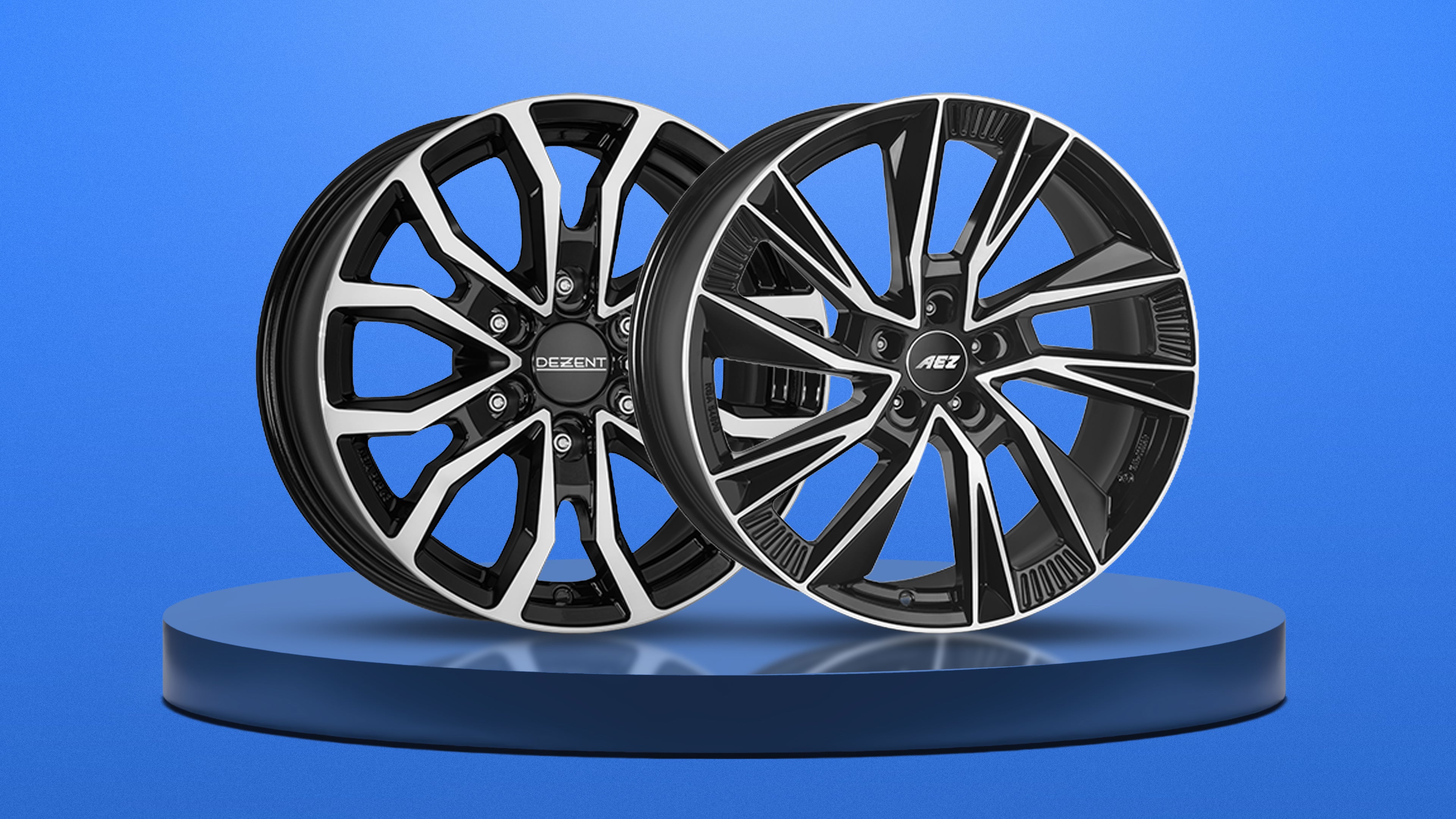Tesla, the leading electric car manufacturer, is facing major challenges in the USA. The competition is catching up massively, and Tesla threatens to lose its market majority.
Dramatic drop in sales
The latest data shows a worrying decline in new registrations of Tesla vehicles. In Germany, new registrations from January to May fell by 41.4% compared to the previous year. Sales figures are also falling in the USA. In the last 12 months Tesla around 618,000 electric cars, while other manufacturers together sold 597,000 vehicles.
Rising competition
The traditional car manufacturers have closed the gap on Tesla continuously reduced. In the first quarter of 2024, the Teslasales in the USA fell by 13% year-on-year. At the same time, six of the ten largest electric car manufacturers recorded significant growth: Hyundai/Kia rose by 56% and Ford by as much as 86%.
Lack of model diversity with Tesla
A central weakness of Tesla is the limited range of models. 95 % of sales come from the models Model 3 and Model Y. Meanwhile, competitors are offering a wide range of new models and conquering market segments in which Tesla has no offerings. Stephanie Valdez-Streaty of Cox Automotive points out that while Elon Musk has revolutionized the industry, he now has to compete with a host of new models from other manufacturers, while Tesla not presenting any new models himself.
Loss of market share in sight
Analysts predict that Tesla could soon account for less than half of the US market for electric cars. This would be the first time since 2018 that Tesla loses this status. The upcoming quarterly figures will shed light on this development.
Further challenges in Canada
In addition to the problems in the USA Tesla further trouble looms in Canada. The Canadian government is planning to increase tariffs on Chinese electric cars. This could severely impact Tesla's business, as many of its vehicles come from the production facility in Shanghai.
Conclusion
Although Tesla remains the largest manufacturer of electric cars in the US and produces the world's best-selling Model Y, the company faces significant challenges. Increasing competition and a lack of model diversity could mean that Tesla lose its dominant market position. In the long term, this could change if Tesla realizes its multifaceted ambitions in areas such as clean energy and humanoid robots. For now, however, the car business remains Tesla's main source of revenue and is under great pressure.


































